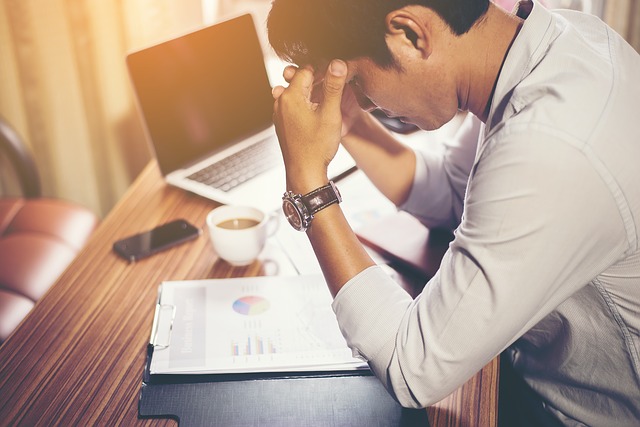Stress had become an inextricable part of our lives, especially in urban environments that develop and grow far quicker than our bodies can adapt to everything new that growth imposes. Workplace stress takes the problem to a whole other level – while we can control some stressors around us or simply stay clear of them, most of us cannot change their working environment on a larger scale. However, there are some things to be done on a smaller scale.
To put it simply, stress is actually a common denominator for the reaction of our nervous system upon being forced to accept a sensation it is not comfortable with. The worst we can do is just let it absorb that bad energy and distribute it through our body, enabling stress to contribute to a wide variety of very health problems it so generously endorses. It is important to act in a timely fashion and not to let the stress turn into anything more serious, which it will do if it is left to its own devices. To that end, here are a couple of useful tips on reducing stress in the workplace.

Noise
Noise in one of the biggest contributors to stress in a world where there is no shortage of stressful offerings. Cacophony of screeching, hitting, pounding, grinding, chatting, honing and those hateful printer noises hard to describe don’t make it any easier for our ears and nerves to endure the usual daily swirl of decibels that surrounds us, especially in big cities. There is, however, one incredibly simple and yet immensely effective solution for fighting noise: use earplugs. Yes, that is right. Granted, it probably will take some time to get accustomed to them, but once you do, you will find them to be irreplaceable in accommodating your ears and your mind when they are in dire need of silence. As far the more elaborate solutions go, you may want to consider various options of soundproofing. You would be surprised how much difference a couple of light panels made of styrofoam can make, let alone some more advanced solutions for reducing noise pollution, especially if you work in a noisy job.
Hydration
Water is the fuel of our body. Our cells need it in order to function properly. When deprived of water, all functions a human body performs will gradually deteriorate, including higher brain functions, concentration and everything that goes with it. Therefore, do not wait to feel thirsty, as that is usually a sign you have waited too far except during and after physical activities. Be sure to drink at least 2.5 liters of liquid per day in small amounts and regular intervals. Drinking it in larger quantities a couple of times a day won’t do it – your body will not be able to consume it and it will just let it pass.
Humor
Humor has a very interesting characteristic – it is most welcome when you least feel like it. That is also when you need it the most, as these humorless times in the workplace usually constitute a period when you are focused on completing the task at hand and feel the pressure building up. That is the best time the invite humor in your life in any form – chat to a colleague, watch a funny video or do whatever works for you. When timed right, this simple technique will enable you to release that pressure freely, naturally and in a very pleasant manner.
The key to any technique for reducing stress is to apply it when you know you should, not to wait for your body to tell you it is time. Don’t let your nervous system take a punishment before you find the time to address it, as it is usually much harder to alleviate the stress at that point.
